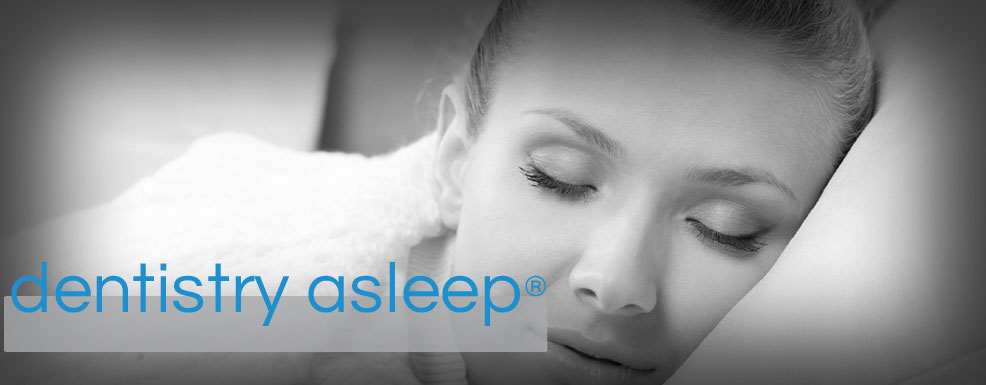 If you’ve recently been diagnosed with sleep apnea in Toronto, or you’re dealing with loud snoring, you may not be getting the rest you need, which can cause several issues. The sleep disorder can cause several symptoms that may not even appear to be related, like depression. In fact, over 70% of patients with sleep apnea also suffer from depression. You don’t have to let either condition affect your quality of life. You can breathe better and enjoy a positive outlook with sleep apnea therapy.
If you’ve recently been diagnosed with sleep apnea in Toronto, or you’re dealing with loud snoring, you may not be getting the rest you need, which can cause several issues. The sleep disorder can cause several symptoms that may not even appear to be related, like depression. In fact, over 70% of patients with sleep apnea also suffer from depression. You don’t have to let either condition affect your quality of life. You can breathe better and enjoy a positive outlook with sleep apnea therapy.
The Link Between Sleep Apnea and Depression
At least 5.4 million Canadians live with sleep apnea. The most common type is caused by a blockage in the airway, called obstructive sleep apnea. The soft tissues in the back of the mouth and throat collapse to block the air passage. This causes several pauses in breathing frequently throughout the night. Not only does this affect your sleep quality, but your general health and wellness.
Many people view sleep apnea and depression as two separate issues, but the line between the two may not be so clear. Depression is the leading cause of disability around the world. Research shows about 50% of patients with a major depressive disorder also have obstructive sleep apnea.
It’s essential both conditions are considered when creating a care plan because studies show treatment-resistant depression can occur in patients who have obstructive sleep apnea. Thankfully, research also shows depression symptoms can be resolved with an effective treatment for sleep apnea. With 4,000 suicides per year in Canada, treating sleep apnea can reduce suicidal ideations by improving a patient’s mental health. With sleep issues and depression going hand in hand, it’s vital you seek treatment for either condition.
Treating Sleep Apnea
Sleep apnea is most often treated with continuous positive airway pressure (CPAP) therapy. A machine delivers a steady stream of air through a mask worn over the mouth or nose to keep the airway open, preventing pauses in breathing.
A clinical professor at the University of Western Australia found patients with more severe sleep apnea were likely to experience depressive symptoms as well. During the study, patients with sleep apnea were treated with a CPAP machine. After 3 months, they noticed a significant decrease in depression symptoms. In fact, after treatment, only 4% of patients had depressive symptoms.
Besides improving mental health, treating sleep apnea can resolve several other symptoms that might affect your quality of life, such as excessive daytime sleepiness and difficulty concentrating. As an alternative to a CPAP, you might be a candidate for an oral appliance. Overall, you’ll breathe easier and sleep better using a customized treatment plan.
Restore Your Quality of Life
If you’re experiencing symptoms of sleep apnea and/or struggling with depression, the solution may be as simple as visiting your dentist in Toronto. They’ll create an individualized plan to stop the pauses in breathing, so you can sleep soundly and enjoy a positive outlook.
About Dr. Kevin Dann
Dr. Kevin Dann is a certified specialist in dental anaesthesia, and he has also completed advanced training in other areas of expertise, including sleep apnea therapy. Dr. Dann strives to provide personal and professional care to help his patients reach optimal wellness. If you’re struggling with depression or have consistent sleep problems, contact our office today to schedule your consultation.




